Alaska Conservation Foundation protects Alaska’s public lands and waters and builds resilience to climate change by supporting grassroots advocacy and leading collaborative statewide climate change adaptation efforts. A key element of our strategy is coordinating a network of climate change adaptation networks called Northern Latitudes Partnerships (NLP). These networks of federal, state, tribal, corporate, and other regional players focus on developing collaborative, community-supported solutions to issues brought about by our changing climate.

Author of “Becoming Kin,” Patty Krawec, surprised the 2024 cohort of the Indigenous Stewardship & Meaningful Collaborations class with an appearance and Q&A session.
The Northern Latitudes Partnerships exist to address the rapid and accelerating environmental challenges of the North. The mission is to unite diverse partners to foster adaptation, stewardship, and sustainability across expansive regions. Through three regional partnerships we work collaboratively across hundreds of millions of acres. Unified by common goals, we leverage collective efforts for greater impact. The state’s remote regions require a coordinated approach to manage and protect its natural resources effectively. By bringing people together, NLP facilitates the sharing of resources, knowledge, and innovative solutions crucial for addressing the complex issues faced by these communities. Our collaborative efforts build a stronger, more resilient network capable of adapting to rapid environmental changes. Efforts of the NLP support balanced and inclusive decision-making, ensuring that local community values and needs are respected. This approach strengthens our collective efforts and honors the wisdom and traditions of Indigenous peoples. Through initiatives in partnership with Indigenous communities, we develop adaptive strategies merging Indigenous knowledge and Western science. For several years, a key partner in these efforts has been the Tribal Government of St. Paul Island. The Tribe hosts a program called the Indigenous Sentinels Network, which provides remote Indigenous communities with tools, training, and coordination for environmental and climate monitoring. Working together with the NLP, St. Paul has been able to expand their network of collaborators across Alaska to help other tribes collect data and observations that power their stewardship efforts. More info can be found at sentinelsnetwork.org.
The NLP has also been leading a new initiative with Alaska Pacific University and the U.S. Fish & Wildlife Service to offer an 11-week, intensive course for professionals on “Indigenous Stewardship & Meaningful Collaborations”, in which participants engage with leaders around the state to discuss Indigenous-led stewardship and how government and conservation partners can engage meaningfully with Indigenous communities. Following three iterations, ~75 participants have successfully completed the course, including natural resource managers, Tribal staff, conservation partners, and graduate students.
NLP’s strength lies in its collaborative framework. With over 40 entities serving at the leadership level on three Steering Committees and a legacy of over 200 project partners, we embody a diverse partnership. Our Steering Committee members work as equals, valuing the neutral space provided by NLP where non-regulatory and collaborative solutions are developed. This inclusive approach enables us to identify common needs, share resources, and create innovative solutions that transcend boundaries and jurisdictions.
To learn more about this work visit northernlatitudes.org.
.


